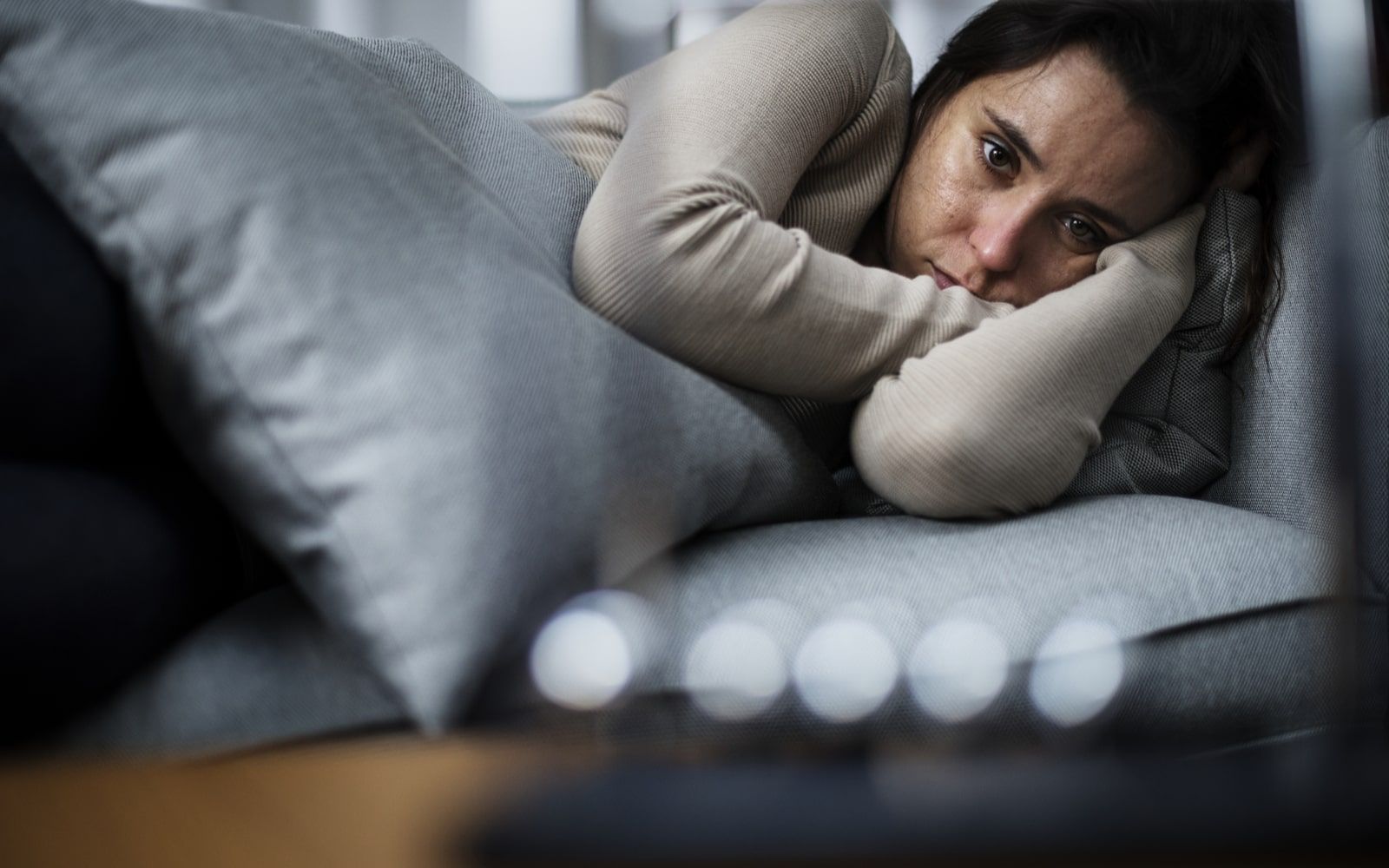Regarding sleeping, hormones are a significant factor in sleeping differences between men and women. Hormones like Testosterone, Progesterone, and Estrogen can affect the systems in the brain that regulate arousal and sleep. Studies have discovered that during impactful hormonal changes such as puberty, pregnancy, or menopause, women are at a higher risk of getting sleep disorders such as insomnia, restless legs syndrome, or obstructive sleep apnea. There have been reports that women struggle to sleep more during their menstrual periods.
How Do Sleep Disorders Impact Women?
When women experience a poor sleep schedule, they can have a more difficult time focusing on things than men who are sleep deprived. In a study published by the Proceedings of the National Academy of Sciences USA, volunteers were placed on a 28-hour day cycle where they were awake for nearly 19 hours, followed up with about nine hours of sleep. During the testing period, the women in the study group scored less accurately than the men on cognitive tests. So, in what ways do unhealthy sleep schedules and sleeping disorders affect women? Below are a few ways that women can be affected:
- Hypertension: It has been found that women who tend to adjust themselves frequently at night have increased levels of C-Reactive proteins, higher than that of men. Because of this, women who toss and turn can be at a higher risk of high blood pressure.
- Type 2 Diabetes: Studies have shown that sleep deprivation can decrease glucose tolerance and put both men and women at risk for diabetes. However, it’s shown that women who are sleep deprived are more likely to have increased levels of blood sugar and insulin than their male counterparts.
- Memory Impairment: A lack of sleep has been shown to impair the hippocampus, the part of the brain responsible for memory. When sleep deprived, our brains cannot create pathways to store new memories, leading to forgetfulness.
- Impaired Focus: Similar to memory, our focus and attention span can be heavily affected by a lack of sleep. The study mentioned above shows that women are more susceptible to this.
- Weight Gain: A loss of sleep has been tied to increased appetite, which can mean weight gain. It has been shown that women who deal with poor sleep can end up with worse weight gain than their male counterparts.
How To Handle Sleeping Disorders
Sleeping disorders can be a difficult thing to handle, even at the best of times. There are ways to handle them and even lessen their impact. Sticking to a steady sleep schedule can help mitigate the effects of some sleeping disorders. Avoiding naps during the day and avoiding the intake of nicotine or caffeine before sleeping will also aid in mitigating the effects of sleeping disorders like insomnia. However, should you find that you are having issues sleeping, it would be best to contact your healthcare provider and speak to them about your symptoms. They can help formulate a treatment plan that will assist you in getting the best sleep possible while limiting or even negating the effects of your sleep disorders.


